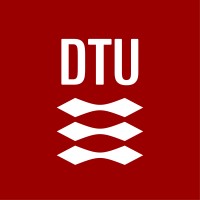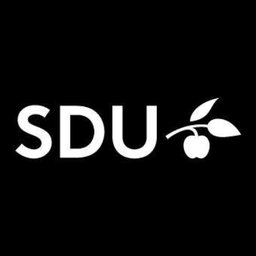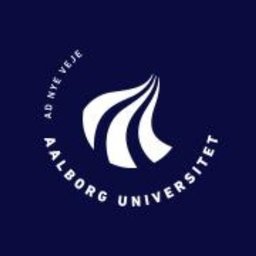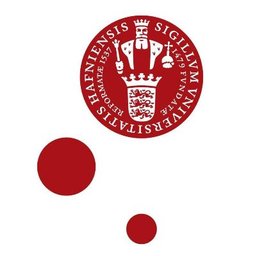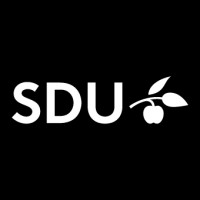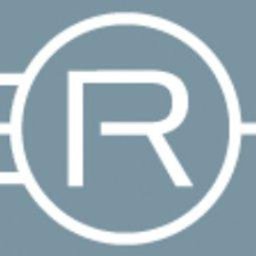Are you passionate about transforming food safety through cutting-edge technology and want to apply your data science and AI skills to real-world public health challenges? This is your chance to shape the future of smart food regulation, both in Denmark and globally. At DTU Food, you'll be part of an ambitious research team that is redefining regulatory food systems in Denmark's small-scale processing sector. By joining this project, you will contribute to the development of AI-powered tools that predict non-compliance, improve food safety monitoring, and ultimately protect consumers. You'll gain deep interdisciplinary experience—combining multiple data layers and approaches including bioinformatics, machine learning, food safety management, regulatory science, genomics and user-centered design—in close collaboration with national authorities and food producers.
Responsibilities and qualifications
Your overall focus will be to develop and validate AI-powered tools that support smarter food regulation and enhance microbial food safety within Denmark’s small-scale food processing sector. You will work closely with researchers from DTU Food, DTU Compute, and DTU Management, alongside regulatory partners such as the Danish Veterinary and Food Administration (DVFA), to apply artificial intelligence in real-world food safety contexts.
Your primary tasks will be to:
- Develop AI models to detect food safety compliance risks
- Integrate regulatory, environmental, and microbial data from food SMEs
- Design user-friendly decision support systems for inspectors and producers
- Co-create and test digital prototypes with stakeholders
- Apply metagenomic sequencing to validate microbial contamination trends
- Analyze microbiome and operational data to identify risk factors
- Contribute to teaching and dissemination activities within DTU courses and networks
We are looking for a candidate who has:
- A Master’s degree in bioinformatics, microbiology, food science, data science, or a related field
- Solid experience with statistical modeling, machine learning, or AI
- Practical skills in R and/or Python for data analysis and model development
- Familiarity with microbial ecology, genomics, or food safety systems
- Strong analytical skills and interest in interdisciplinary, real-world problem solving
- Good communication skills in English and the ability to collaborate with diverse stakeholders
You must have a two-year master's degree (120 ECTS points) or a similar degree with an academic level equivalent to a two-year master's degree.
Approval and Enrolment
The scholarship for the PhD degree is subject to academic approval, and the candidate will be enrolled in one of the general degree programmes at DTU. For information about our enrolment requirements and the general planning of the PhD study programme, please see DTU's rules for the PhD education.
Assessment
The assessment of the applicants will be made by Patrick Njage (Main Supervisor), in collaboration with Frank Møller Aarestrup and Pimlapas Leekitcharoenphon. The assessment will focus on the candidate’s academic qualifications, relevant technical and analytical skills, ability to work across disciplines, and motivation for contributing to the development of AI-driven tools for food safety regulation.
We offer
DTU is a leading technical university globally recognized for the excellence of its research, education, innovation and scientific advice. We offer a rewarding and challenging job in an international environment. We strive for academic excellence in an environment characterized by collegial respect and academic freedom tempered by responsibility.
Salary and appointment terms
The appointment will be based on the collective agreement with the Danish Confederation of Professional Associations. The allowance will be agreed upon with the relevant union. The period of employment is 3 years.
The starting date is 1 January 2026. The position is full-time.
You can read more about career paths at DTU here.
Further information
Further information may be obtained from Senior Researcher Patrick Njage, National Food Institute, DTU, email: [email protected]
You can read more about DTU National Food Institute at https://www.food.dtu.dk/english/
If you are applying from abroad, you may find useful information on working in Denmark and at DTU at DTU – Moving to Denmark. Furthermore, you have the option of joining our monthly free seminar “PhD relocation to Denmark and startup “Zoom” seminar” for all questions regarding the practical matters of moving to Denmark and working as a PhD at DTU.
Application procedure
Your complete online application must be submitted no later than 15 September 2025 (23:59 Danish time).
Applications must be submitted as one PDF file containing all materials to be given consideration. To apply, please open the link "Apply now", fill out the online application form, and attach all your materials in English in one PDF file. The file must include:
- A letter motivating the application (cover letter)
- Curriculum vitae
- Grade transcripts and BSc/MSc diploma (in English) including official description of grading scale
You may apply prior to obtaining your master's degree but cannot begin before having received it.
Applications received after the deadline will not be considered.
All interested candidates irrespective of age, gender, disability, race, religion or ethnic background are encouraged to apply. As DTU works with research in critical technology, which is subject to special rules for security and export control, open-source background checks may be conducted on qualified candidates for the position.
DTU National Food Institute
DTU National Food Institute conducts research into and disseminates - through advice, innovation and teaching - sustainable and value-creating solutions in the area of food and health for the benefit of society. The vision is to make a difference by generating future prosperity through research into food and health. The institute works to prevent disease and promote health, develop new and better food products for a growing population and create sustainable technological solutions, including biosolutions. The institute’s tasks are carried out in interdisciplinary collaboration within e.g. nutrition, chemistry, toxicology, microbiology, epidemiology, modelling, and technology. This is achieved through a strong academic environment of international top class with correspondingly skilled researchers and employees. The Institute employs approximately 350 staff members.
Technology for people
DTU develops technology for people. With our international elite research and study programmes, we are helping to create a better world and to solve the global challenges formulated in the UN’s 17 Sustainable Development Goals. Hans Christian Ørsted founded DTU in 1829 with a clear mission to develop and create value using science and engineering to benefit society. That mission lives on today. DTU has 13,500 students and 6,000 employees. We work in an international atmosphere and have an inclusive, evolving, and informal working environment. DTU has campuses in all parts of Denmark and in Greenland, and we collaborate with the best universities around the world.
